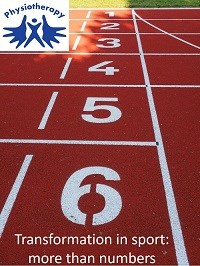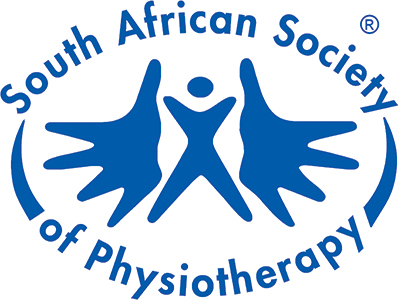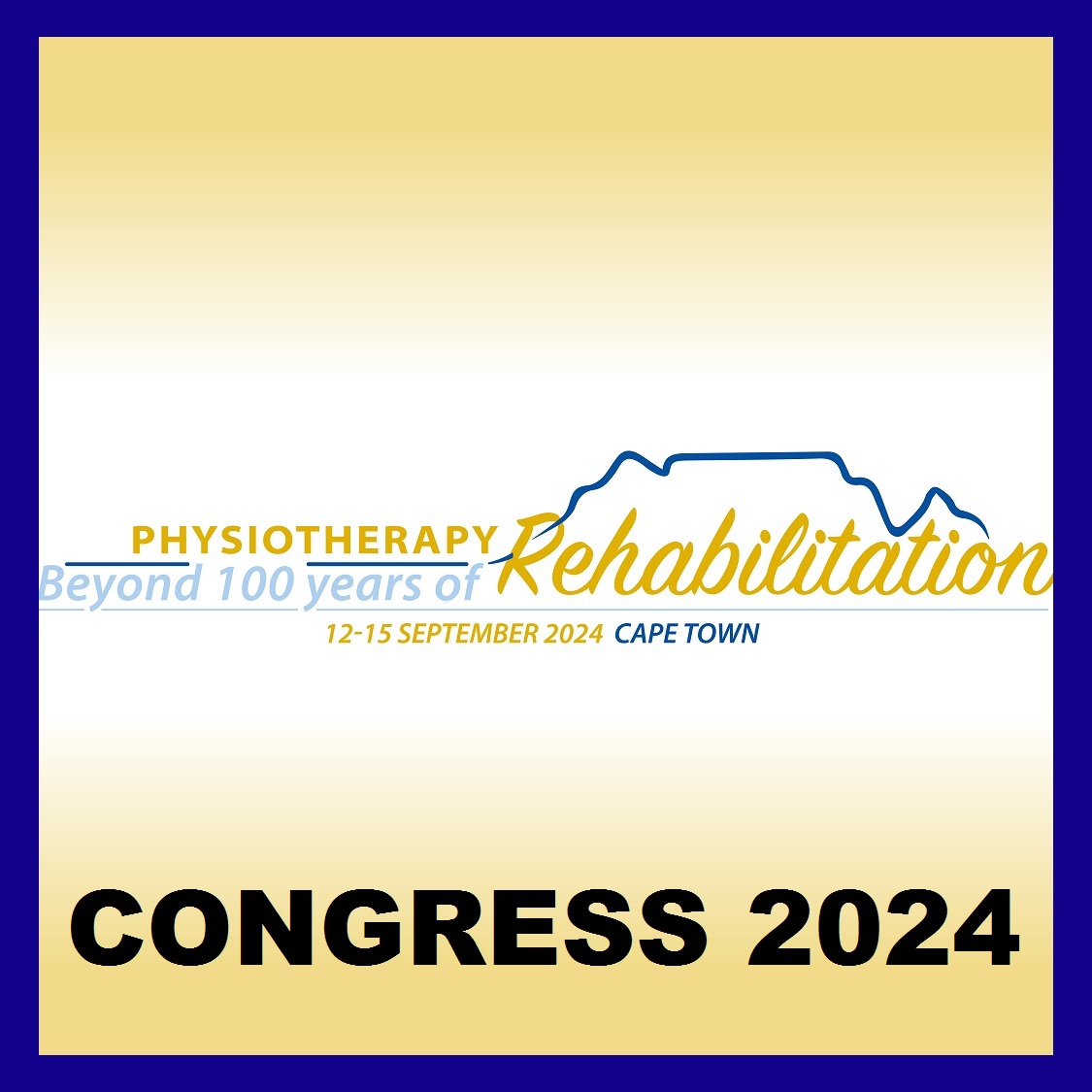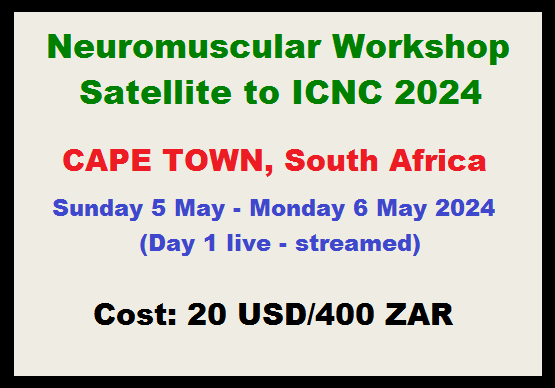
Transformation in sport is a perennial hot topic which has gained impetus from the recent announcement by our Minister of Sport blocking cricket, rugby, athletics and netball from bidding for international events.
What do we need to do to achieve genuine transformation across all sporting codes? We have to transform society in much deeper ways, suggests Dr Witness Mudzi, Deputy President of the South African Society of Physiotherapy (SASP). “Sports stars cannot be developed overnight; they must be built from the ground up,” he says. On Youth Day, 16 June, we need to acknowledge that we will fail to transform sports if we don’t focus on giving our children what they need to succeed at a very early age.
“While it’s crucial that all our children are exposed to a wide choice of sports, and have access to equipment, training and facilities, there are more fundamental health issues that go into creating a healthy sportsperson with a long and successful career.” Good nutrition at an early age is perhaps the most important building block that enables a child to grow into a sports person who can avoid injury as far as possible and develop physical agility, strength and skill.
“Good basic nutrition is one of the key factors to good training outcomes,” notes Ria Sandenbergh, chair of the SASP Sports Special Interest Group. “It is nutrition that builds strong muscles, tendons and bones. When you train hard, you induce controlled levels of damage to your muscles – that’s what builds stronger tissues as they recover. You also produce stress hormones which trigger growth hormones. Nutrition is the support for all of this. A child who does not get a balanced basic diet in his or her formative years may very well not develop the physical architecture for a career in high-level sports.”
Micronutrients play a crucial role in the young body, says Dr Mudzi. “Minerals like calcium, for example – which is not just essential for bone health, but also plays a fundamental role in muscle contraction and normal enzyme activity – may be inadequate in a household which cannot stretch its budget to include a variety of foods,” he says.
“It’s also essential that children have informed and thoughtful training as they develop,” says Michael Mabasa, sports physiotherapist in Gauteng. A report titled ‘Overuse Injuries and Burnout in Youth Sports: A Position Statement from the American Medical Society for Sports Medicine’, published in 2014, notes that increasing competitiveness in youth sport is resulting in increasing incidents of overuse and other kinds of injuries which can have an impact, in some cases, that is lifelong. Over-specialisation – children who are channelled into one sporting activity too early – can also result in injury.
And should a child sustain an injury of any kind, it is very important that he or she has access to the care and treatment necessary to facilitate a full recovery. “Physiotherapists are the experts in physical function and in rehabilitation for a return to optimum function,” says Dr Mudzi. “Sadly, very few of our schools can provide access to a physiotherapy service, and in poorer areas, the public sector service may be stretched too thin to help a child recovering from a sports injury. This is another form of inequality which knocks aspiring young athletes and sportsmen and women out of the starting blocks.”
The Ministry of Sport and the sporting codes need to focus on these keys to sustainable, thorough and healthy transformation in child and youth sport:
• Nutrition that supports building strong, active bodies
• Informed training oversight in all our schools
• Immediate and comprehensive treatment for injuries
• Access to a range of sporting codes
• Campaigns that promote interest in key sports at an early age
• Training facilities/playing fields and appropriate equipment
• Professional and strategic governance in sporting codes
• Funding to support engagement and competition
• The ability to think and plan long-term – tomorrow’s elite athlete is a child today!







